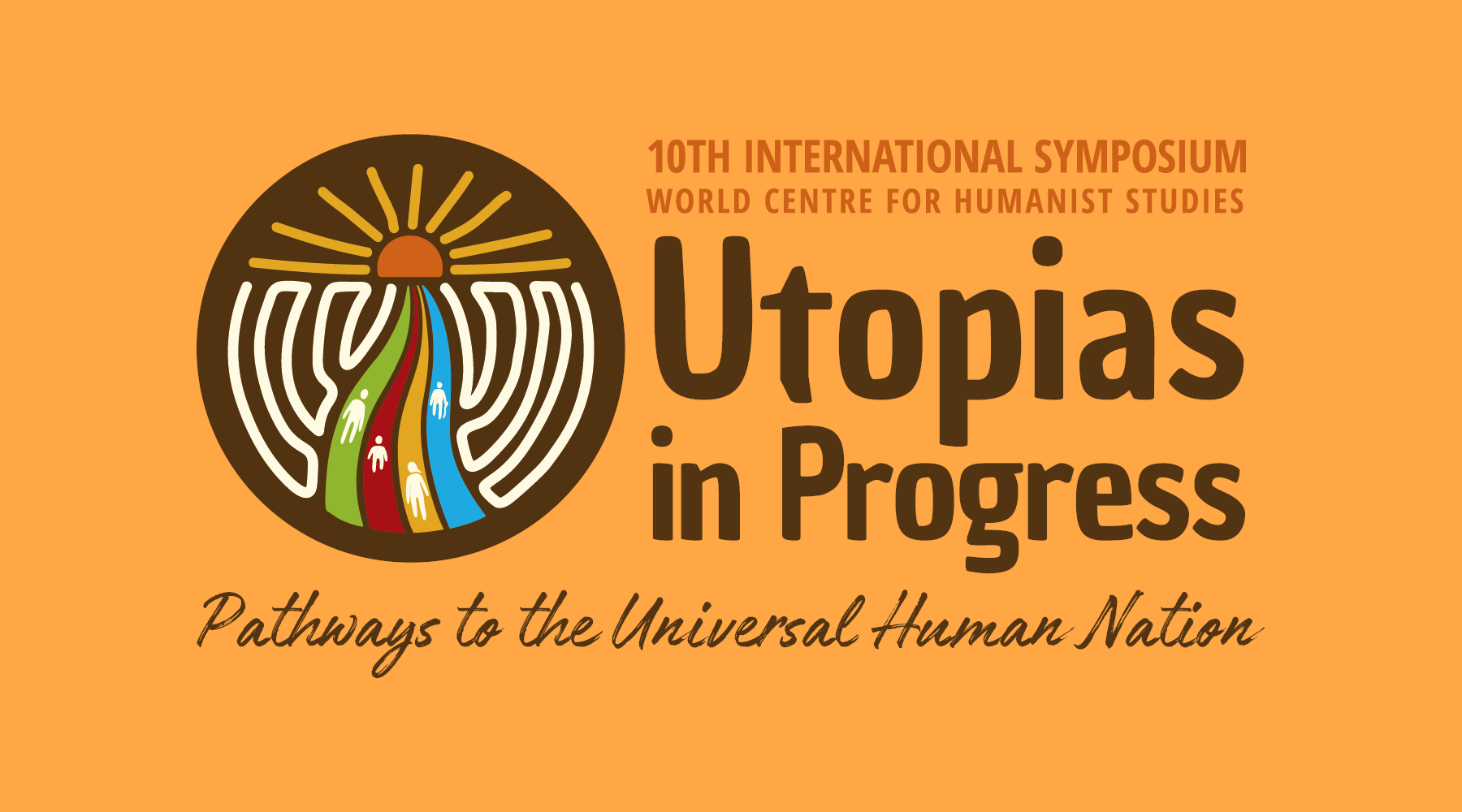What is consciousness? In principle, it is something that can only be experienced by those who possess it. It cannot be "seen" from the "outside". One way of asking about the consciousness that can be in a given "object" would be to ask "Hello, is anyone there? This is intended to show that consciousness is what allows us to define ourselves as "someone", as a "person". Consciousness is thus the essence of our existence. Literally, without our consciousness we would not exist. We are, above all, bearers of consciousness. Of course, this is only a point of view....
The above includes descriptions and interpretations that derive from the way we humans experience what we call "consciousness", but if we now consider consciousness as that which enables living beings to orient themselves and thrive in their environment, the definition should be extended to all forms of life. In all cases, we will always see consciousness in a structural relationship with the world.
Consciousness could also be defined as "the apparatus, mechanism or ambit that relates the sensations coming from the senses with the data of memory, in order to be able to carry out acts of learning or recognition of the objects that constitute the world". In this case we would be speaking from a biological, functional or computational perspective.
Hegel wrote a book with the subtitle "Science of the Experience of Consciousness", and Chalmers refers to the subject as a "difficult problem". There are numerous points of view from which one can attempt an approach to this elusive object of study, but in this thematic axis we will approach the subject from a perspective that affirms that consciousness has been historically and is today the fundamental factor of human life, and that its evolution and development are essential prerequisites for overcoming the crossroads at which we find ourselves today.
Any possibility of a real change in the physical and social conditions in which humanity lives rests on the possibility of producing a growth in the level of consciousness. Growth that has to do, above all, with a capacity for understanding, and with a sensitivity that allows us to consider the situation in which other human beings live in this world.
By "capacity for understanding" we mean availability of information, capacity for relationship and perhaps a "look" that intuits or suspects the existence of a universal evolutionary intention. An intention that would establish conditions for the emergence and development of life, consciousness and intelligence as essential parts of the Universal Plan. From this perspective, all growing consciousness would surely be oriented towards the protection and care of the various forms of life. But it is clear that there are other "views". The exchange of views is the "raison d'être" of this Symposium.
Consistent with this, we invite papers that promote enlightenment about consciousness, its functioning and its evolutionary possibilities. Perhaps most important would be to find ways to promote the growth of sensitivity and awareness in broad sectors of the population. If this is possible, there will be observers in the future who will be able to share how humans managed to overcome the unique crisis of the 21st century.
Call for papers - deadline: 28/2/2023: http://2023.worldsymposium.org/en/call



